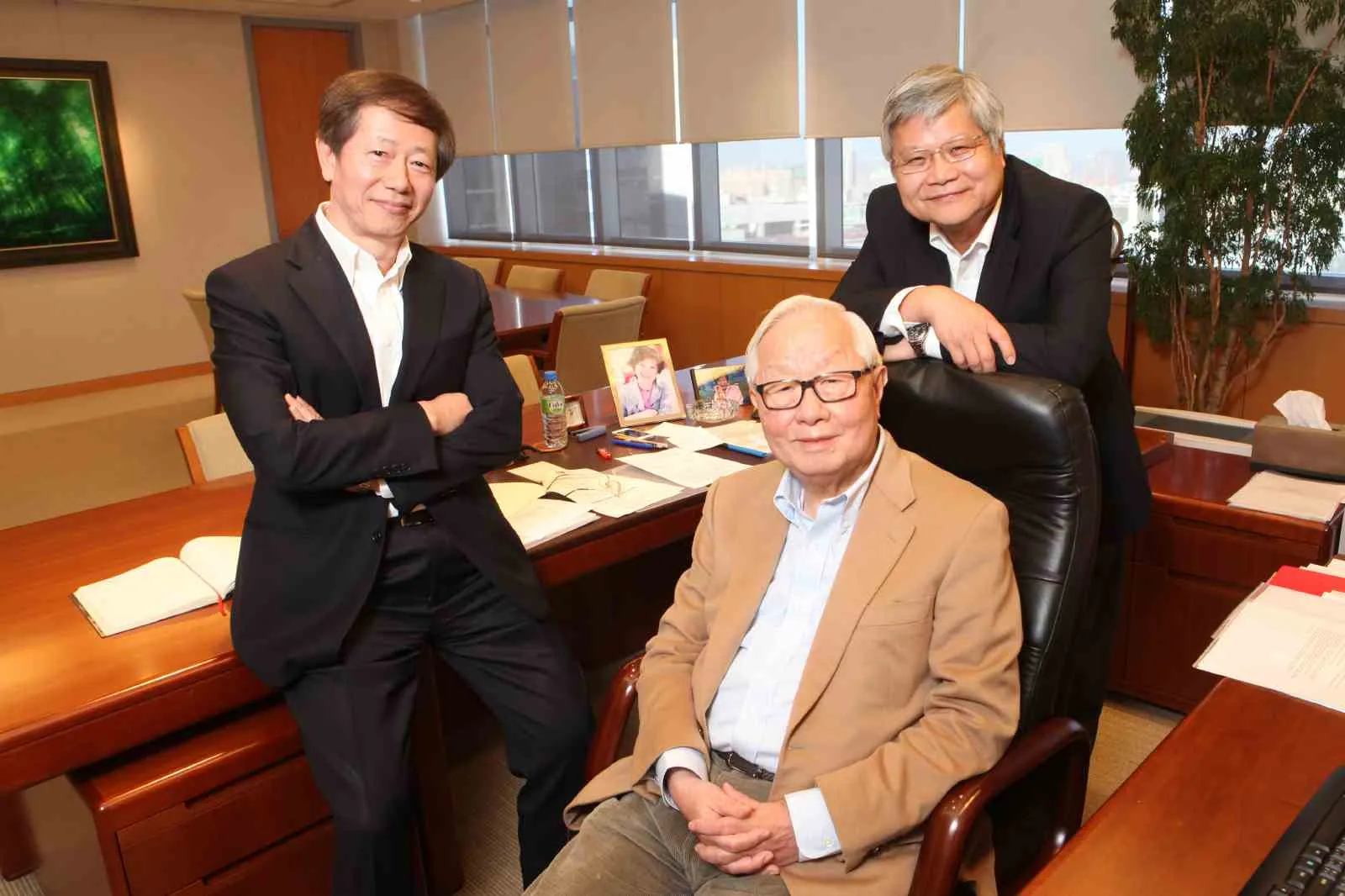Introduction:
Taiwan Semiconductor Manufacturing Company (TSMC), the world’s leading semiconductor foundry, has recently announced delays and uncertainties regarding its second fab in Arizona, impacting its deployment schedule and the technology it will employ.
The company’s initial plans to invest $40 billion in its Arizona site included the construction of Fab 21 phase 2, capable of producing chips using its advanced N3 family of process technologies.
However, due to uncertainties surrounding demand and U.S. government subsidies, TSMC is now reconsidering its commitments.
Follow us on LinkedIn for everything around Semiconductors & AI
TSMC Arizona Delays and Ambiguities:
In a recent conference call with analysts and investors, TSMC’s outgoing chairman, Mark Liu, revealed that the construction of the second fab’s shell is underway, but decisions about the technology it will utilize are still under discussion.
Originally scheduled for production using the 3nm process technology and set to come online in 2026, Fab 21 phase 2 is now expected to start operations in 2027 or even 2029. The delay is attributed to uncertainties related to subsidies from the U.S. government under the CHIPS Act and fluctuating demand from TSMC’s clients.
“The second fab shell is under construction, but what technology [to use] in that shell is still under discussion. I think that also has to do with how much incentives that fab, the U.S. Government can provide. […] The current planning [for the fab] is ’27 or ’28, that will be timeframe.”
~Mark Liu, Chairman, TSMC
Liu emphasized that the technology choice for the Arizona fab depends on various factors, including the incentives provided by the U.S. government.
The company is considering whether to equip the fab for 3nm production or opt for the more advanced N2 (2nm-class) technology, or even a more mature fabrication process, showcasing the fluidity of semiconductor manufacturing decisions.
Read More: TSMC Reports Better-than-Expected Profit and Revenue in 4th Quarter
TSMC Arizona: Uncertainties with Subsidies and Demand
Uncertainties surrounding subsidies provided by the U.S. government through the CHIPS Act closely tie to TSMC’s decision to delay the deployment of the Arizona fab.
The semiconductor industry relies heavily on government support, and any fluctuations in these subsidies can impact the strategic decisions of major players like TSMC.
Moreover, TSMC acknowledges that customer demand plays a crucial role in determining the technology deployed in overseas fabs.
The company commits to optimizing the value of its overseas facilities based on the specific demands and requirements of customers in those regions.
Read More: 3 Reasons Why TSMC Won’t Adopt High-NA EUV Lithography Until 2032
TSMC Arizona: Positive Developments for Fab 21
While facing setbacks with its Arizona expansion plans, TSMC assures stakeholders that its first advanced fab in the U.S., Fab 21, remains on track for volume production of N4, or 4nm process technology, in the first half of 2025.
Liu expressed confidence that the Arizona facility will deliver the same level of manufacturing quality and reliability as TSMC’s fabs in Taiwan.
Read More: How Well Do You Know TSMC? Take Our Quiz to Find Out!
Conclusion:
TSMC’s Arizona expansion journey reflects the complex and dynamic nature of the semiconductor industry. The delays and uncertainties surrounding Fab 21 phase 2 highlight the challenges companies face in navigating shifting demands, government policies, and technological advancements. As TSMC continues to adapt to these challenges, the semiconductor landscape will likely witness further evolution, impacting the global supply chain and the development of cutting-edge technologies.




